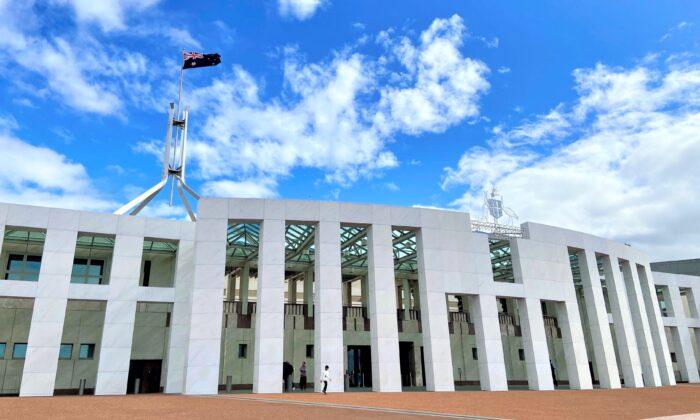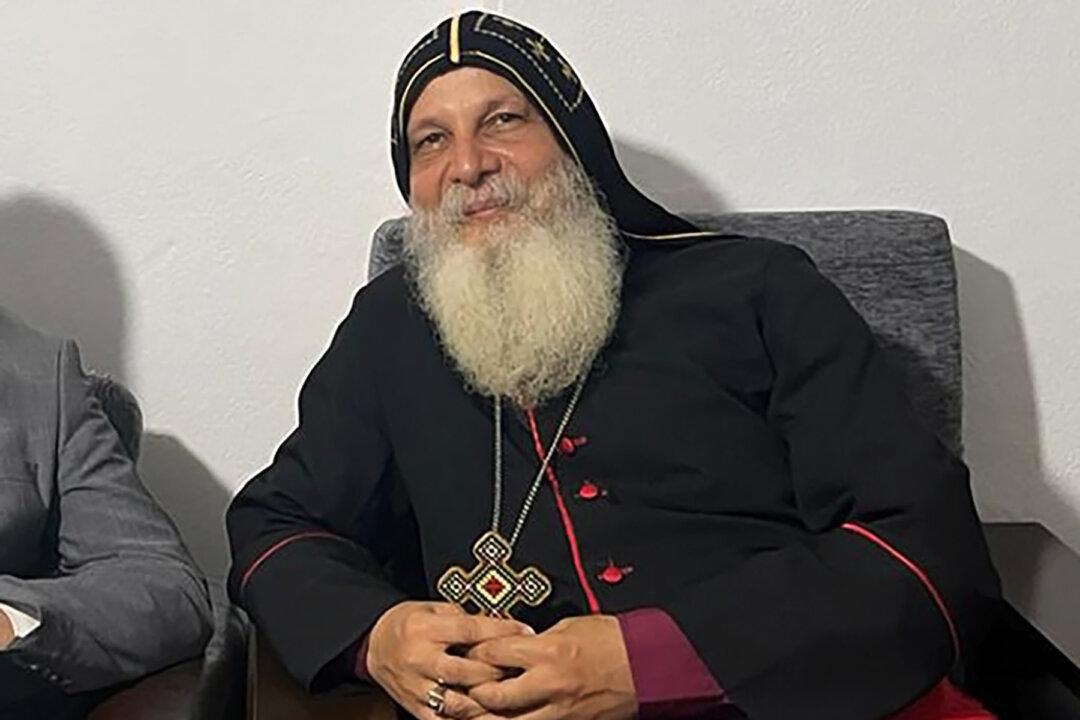The Australian Senate has voted overwhelmingly to approve a referendum on changing the country’s Constitution.
Having already passed the lower house, the bill passed the upper house on Jan. 19, 52 votes to 19, and means the country is set for a national vote sometime between October and December.
The passing of the Constitution Alteration (Aboriginal and Torres Strait Islander Voice) 2023 after its third reading received a standing ovation from those in the public gallery.
“They’re reaching out to all Australians to be able to feel proud of this time in our country’s history where we can lift one another up,” said Labor Senator Murray Watt in Parliament.
“It is the systemic change that was called upon by those who gathered at Uluru.”
Federal Attorney-General Mark Dreyfus said on Twitter that it was a “great day for our nation.”
“Now we ask the Australian people to join with us and take the opportunity offered by the Uluru Statement—an opportunity for our nation to do better, to come together, and to walk towards a better future,” the Labor MP wrote.
The proposal will change the preamble of the Australian Constitution to include recognition of Indigenous people.
Near-Bipartisan Support
While federal opposition senators spoke against the bill, many still voted for it.“What we do know is that legal experts don’t agree. And the legal experts cannot be sure how any High Court will interpret such a constitutional change,” said Michaelia Cash, shadow attorney-general.
“We are opening up a legal can of worms. The proposed model, as we know it is not just to the Parliament; it’s to all areas of executive government.”
The opposition’s Indigenous Australians spokeswoman, Jacinta Nampijinpa Price, took aim at lobbyists, saying the goodwill of Australians was being taken advantage of.
“I understand Australians want to do everything they can to help Aboriginal and Torres Strait Islander people in need. I have seen this empathy and goodwill time and time again. But I also have seen it exploited, and I am seeing it exploited now,” she said.
“The goodwill of many non-indigenous Australians is being exploited by those who seek to profit in money, clout, or power off the real problems being faced by marginalised Australians.”
Debate Over The Voice Becoming Heated
In recent months, multiple polls have revealed declining support for The Voice across the country, which needs to go to a referendum vote later this year.In Australia, a majority of voters nationwide and a majority of states (four out of six) must vote in favour of a change before the Constitution can be altered.
Prime Minister Anthony Albanese and Indigenous Minister Linda Burney have issued stark warnings to Australians about why they need to support the proposal, while also accusing “No” campaigners of spreading disinformation.
“Its aim is to polarise people, and its weapon of choice is misinformation,” she said.
“Democracy can never be taken for granted. It needs to be nourished, protected, cared for, treated with respect,” he said.





